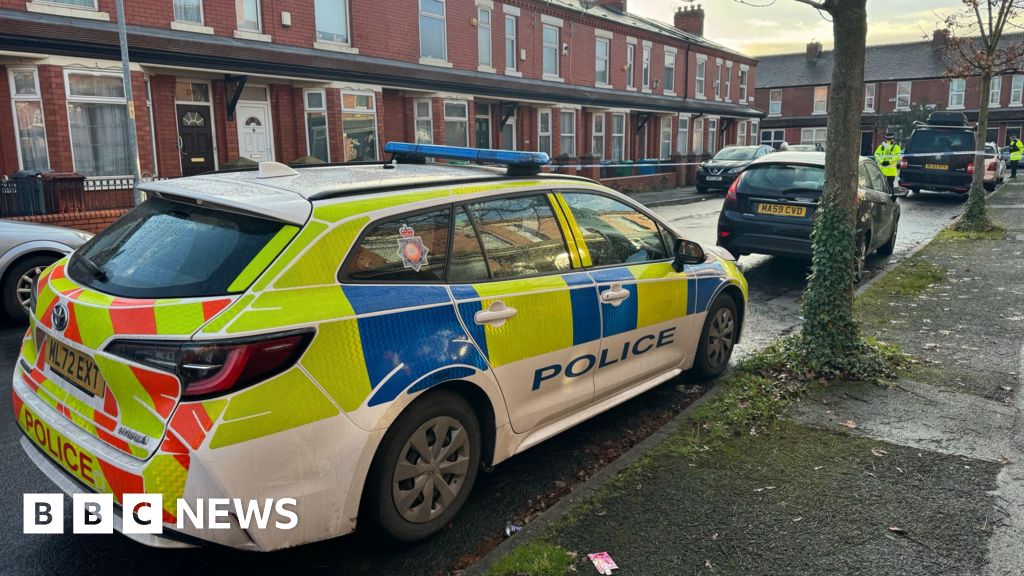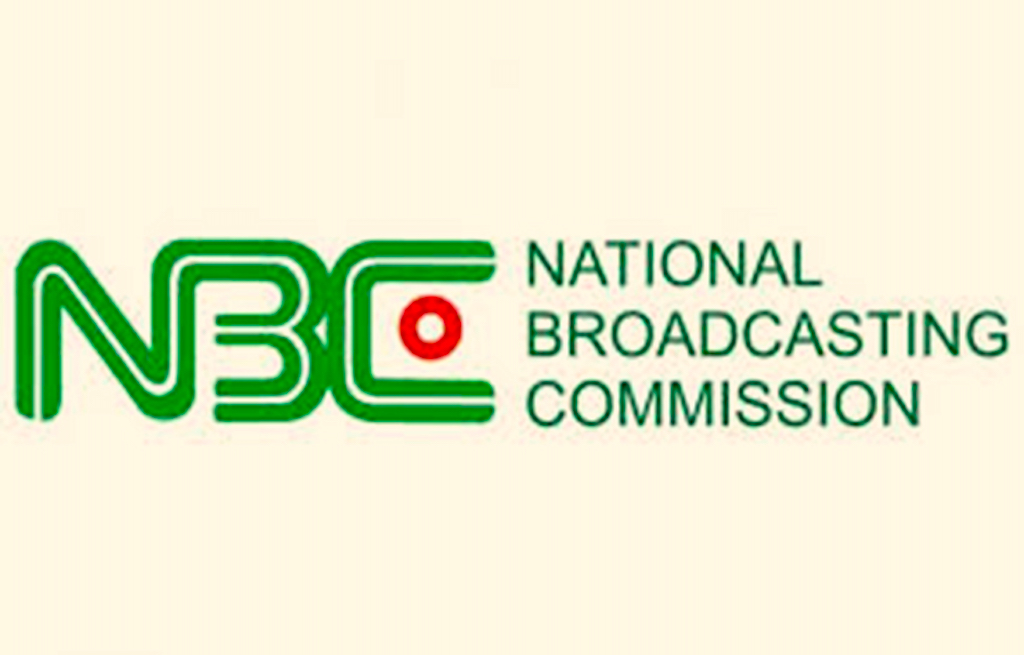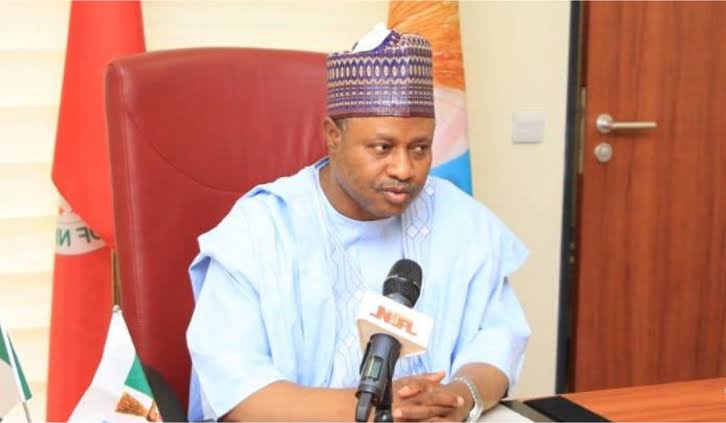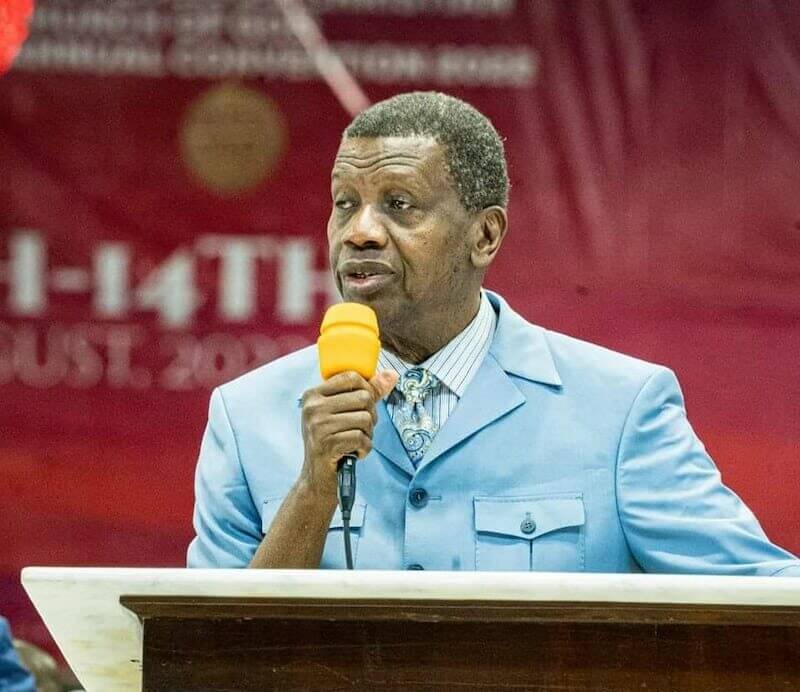The Federal University of Health Sciences, Otukpo (FUHSO), once hailed as a symbol of promise and progress, now teeters on the edge of institutional collapse. In what should be a time of growth and development, FUHSO is instead embroiled in a crisis driven by disregard for protocol, and, alarmingly, silence from prominent figures within the Idoma community.
This ongoing crisis centres around the imposition of Prof Ediga Agbo, who, despite not being a staff member or a deputy vice chancellor (DVC), was appointed acting vice chancellor (VC) in violation of the clear directives by the National Universities Commission (NUC).
This disregard for established protocols not only tarnishes FUHSO’s reputation but also erodes the foundational principles upon which the university was built.
As stipulated in NUC protocol for leadership transition across Nigerian universities, when a VC’s term ends, they must hand over to the most senior DVC. In the case of FUHSO, Prof Stephen Abah, an accomplished academic, holds the position of DVC (Academics) and ranks highest in seniority and was rightfully elected by the university Senate. His appointment as acting VC is, therefore, not only rightful but also aligns with NUC’s guidelines.
FUHSO is no ordinary university. It was established as a specialised institution dedicated to the health sciences – a vital part of Nigeria’s higher education landscape, and a stepping stone for Idoma’s future in medical and scientific excellence. It’s a university whose primary mandate is to produce medical professionals, and its standards must reflect that specialised purpose. Yet, in a shocking turn of events – a non-member of FUHSO’s staff nor a qualified medical professional was appointed as acting VC. This act is not just a violation of protocol; it is a direct affront to due process and transparency.
The consequences of this appointment reach far beyond administrative challenges.
It is also good to note that governing councils are meant to guide universities towards growth and stability, but at FUHSO, the council rather than respecting established protocols, appears to be blurring lines of authority and encroaching on daily operations in ways that threaten the institution’s core mission and integrity.
The effects of this turmoil are undeniable. Faculty staff and students operate under fear of reprisal, classrooms stand empty, and security forces now patrol a campus once dedicated to research, teaching and learning. FUHSO’s mission – to advance health sciences and serve as a beacon for Idoma and the nation – is jeopardised by this instability. The governing council’s actions are not merely administrative missteps; they are active threats to the institution’s future.
It’s time for accountability. The FUHSO governing council must answer for these disruptive actions, which risk not only the university’s reputation but its very ability to function. Silence from community leaders and stakeholders is no longer an option. FUHSO’s future depends on a return to order, respect for university governance and a commitment to its foundational mission. Anything less risks destroying what this university stands for.
There are dire consequences of silent complicity. This unchecked lawlessness poses severe consequences for FUHSO, the Idoma people and Nigeria’s higher education landscape. Without urgent action to restore order, FUHSO will be unable to fulfill its mission as a specialised health sciences institution.
Failure to uphold due process and unity erodes the legacy the varsity stands for, thereby reducing FUHSO to a mere pawn in personal and political agendas. Silence from Idoma’s leaders in the face of such blatant injustice does more than allow chaos to continue; it implies acceptance. This crisis represents a critical moment for Idoma leadership, a chance to assert the value of integrity, unity and excellence over division and impunity.
In a nutshell, the current trajectory of FUHSO’s administration, enabled by silence from within the Idoma nation, puts the institution’s survival at risk. Idoma leaders – cultural, political and community figures alike – must rise to the occasion. By remaining silent, they tacitly allow FUHSO’s future to be dictated by outsiders and undermine the very institution built to empower their youth.
This crisis is a defining moment for FUHSO and for Idoma itself. Will its leaders defend the principles of unity and integrity, or will they allow the erosion of a vital educational institution?
Silence is not neutrality; it is complicity in the destruction of an institution that could empower generations.
–Adakole writes from Otukpo, Benue State

 1 hour ago
1
1 hour ago
1














 English (US) ·
English (US) ·